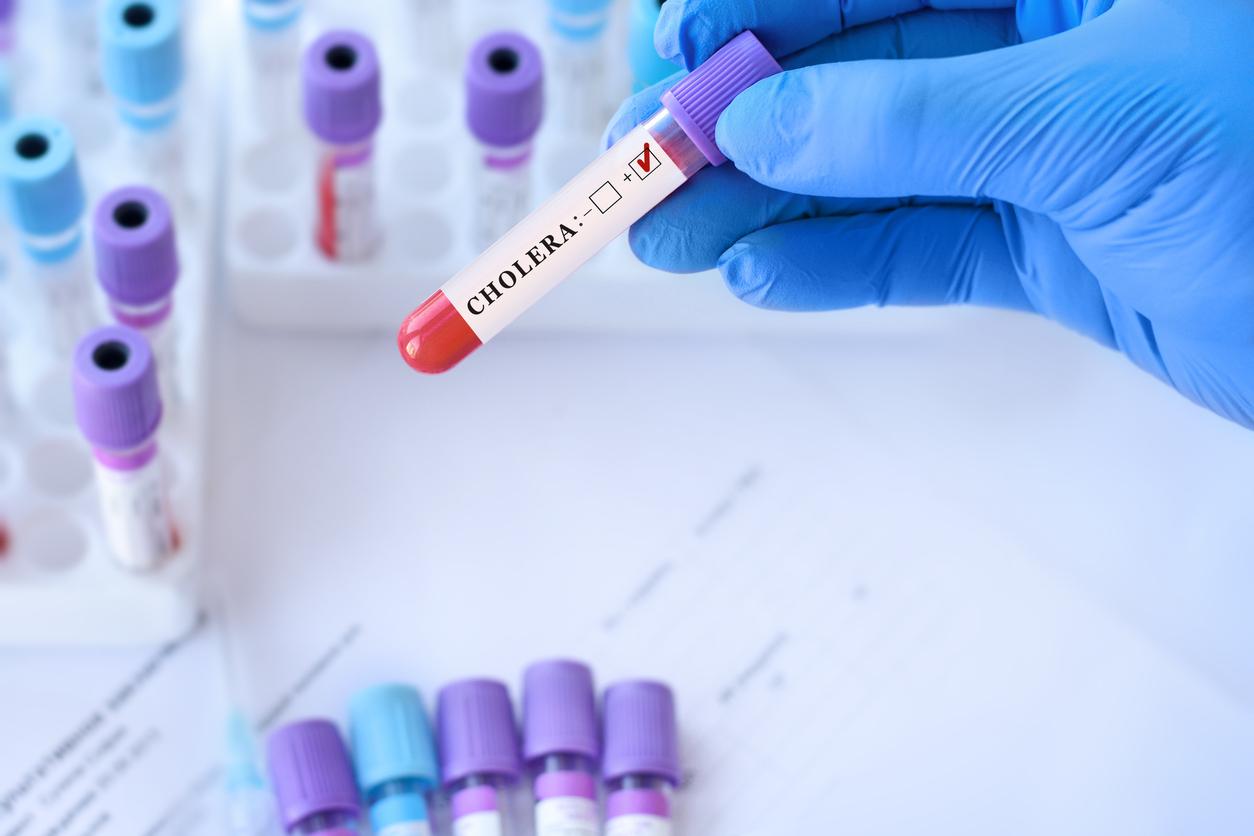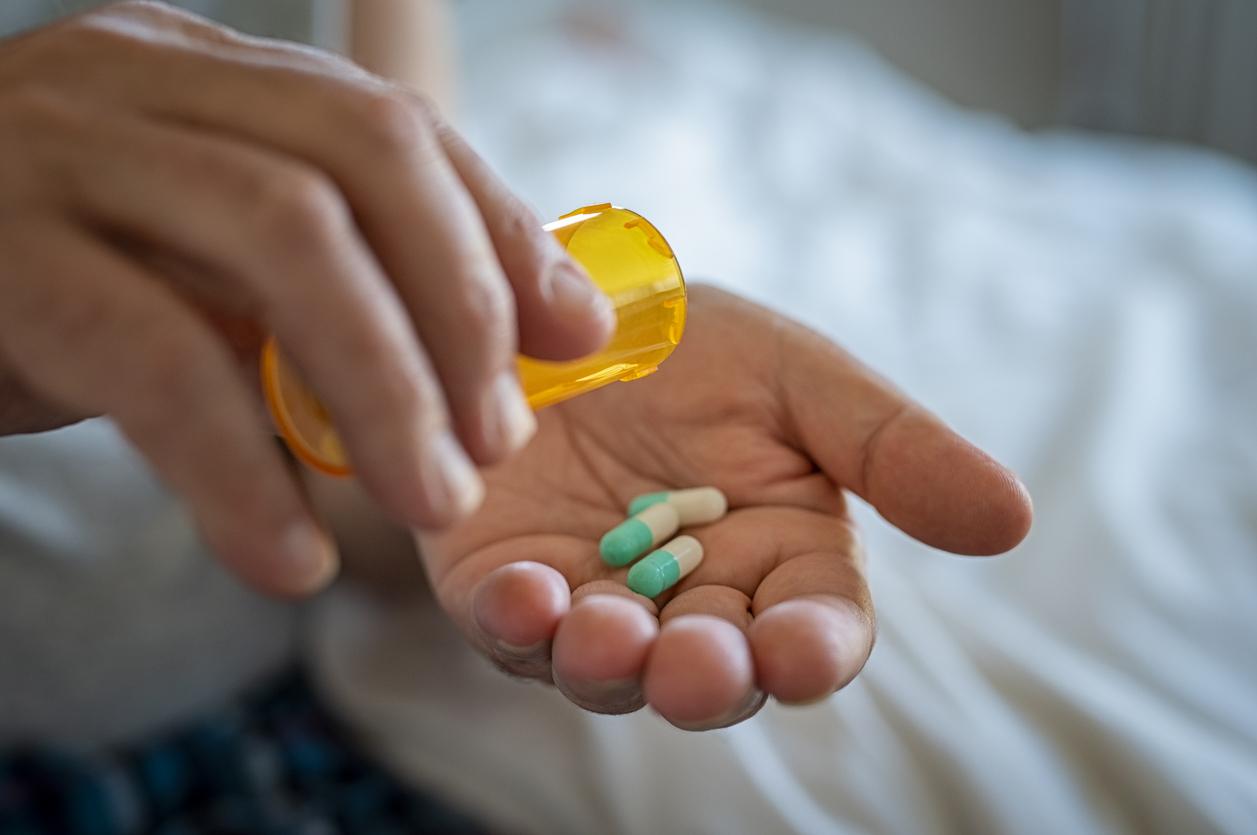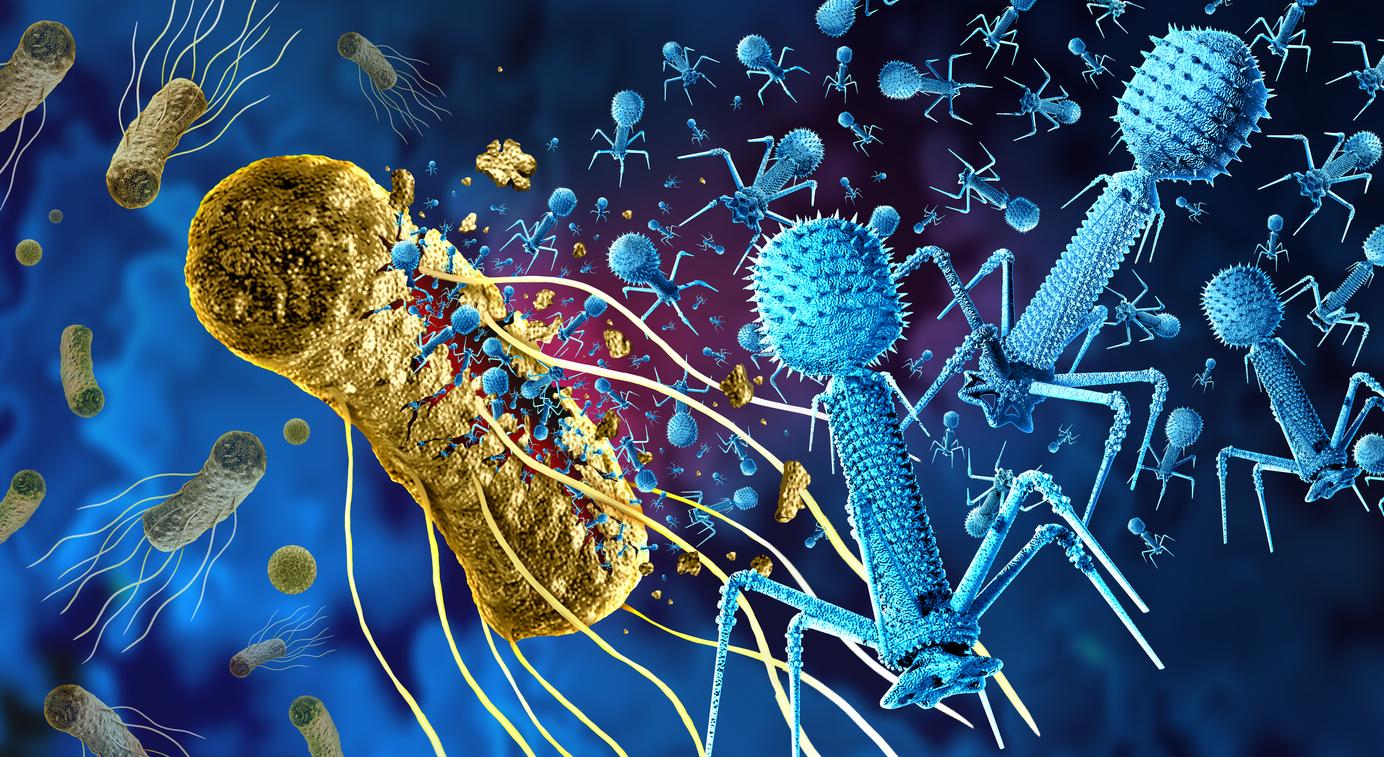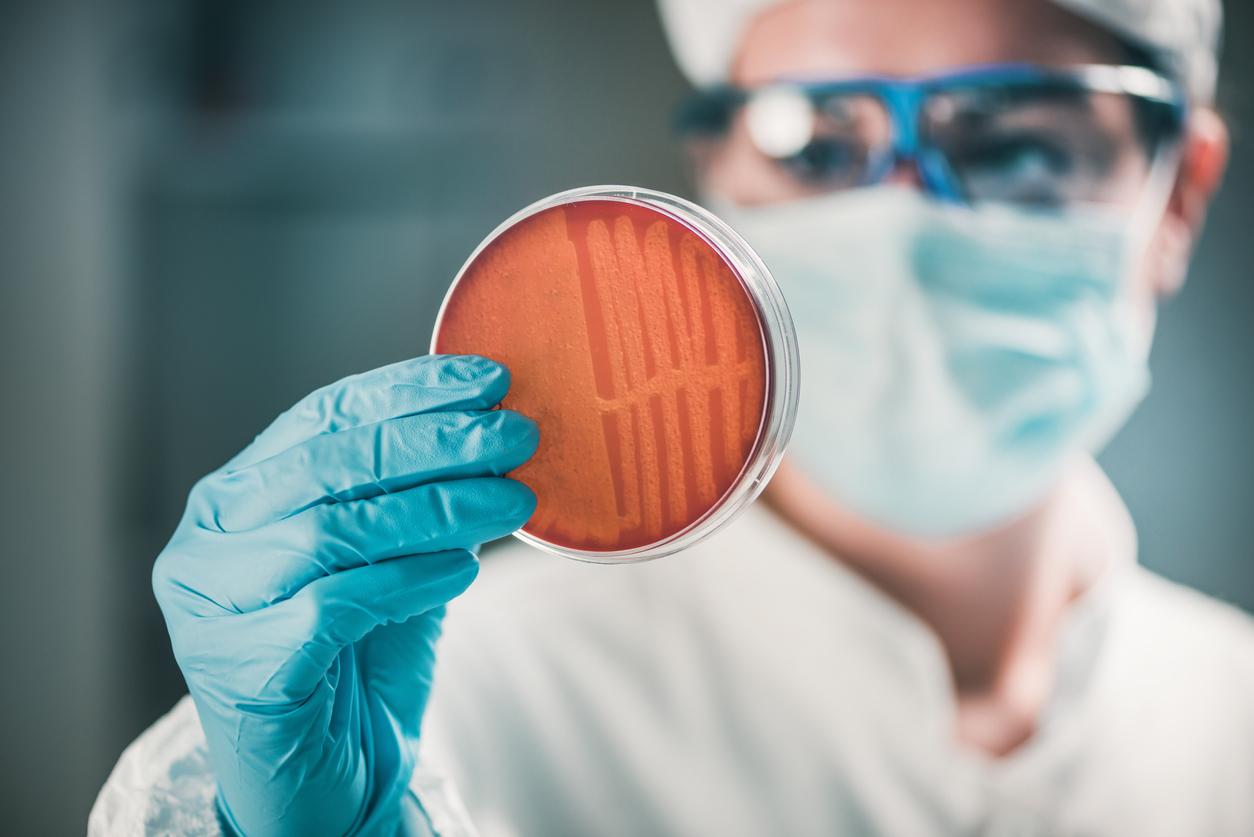A new report from the World Health Organization (WHO), presented on December 9, 2022, highlights an increase in antibiotic resistance in bacterial infections.

- According to Santé Publique France, 125,000 infections with multi-resistant bacteria were recorded in France in 2015.
- They were responsible for 5,500 deaths.
- Antibiotic resistance is a natural phenomenon. Nevertheless, the misuse of these treatments in humans as well as animals accelerates the process.
Antibiotic resistance is a real health problem. And, the latest study from the World Health Organization (WHO) is not reassuring. It highlights high levels of resistance for bacteria. “This leads to life-threatening blood infections, as well as an increase in the resistance to treatment of several bacteria responsible for common infections in the population.“, warns the organization.
Bacteria: antimicrobial resistance rates above 50%
The Global Antimicrobial Resistance and Use Surveillance System (GLASS) report analyzed health data reported by 127 countries. This represents 72% of the world’s population.
“It shows high levels of resistance (greater than 50%) reported for bacteria that often cause blood infections in hospital settings, such as Klebsiella pneumoniae and Acinetobacter spp. These life-threatening infections must be treated with antibiotics of last resort, such as carbapenems. However, 8% of bloodstream infections due to Klebsiella pneumoniae have been reported to be resistant to these same carbapenems”explains the WHO.
It is not the only bacterium to be more resistant to drugs. More than 60% of Neisseria gonorrhoeae (a common sexually transmitted disease) and 20% of E. coli are not weakened by dedicated treatments, according to the study.
“Although resistance trends have remained broadly stable over the past four years, bloodstream infections due to resistant strains of Escherichia coli and Salmonella spp. and resistant gonococcal infections have increased by at least 15 % compared to 2017 rates”adds the WHO.
Additional data to curb antibiotic resistance
“Antimicrobial resistance is attacking the foundations of modern medicine and putting the lives of millions at risk”said Dr. Tedros Adhanom Ghebreyesus, Director-General of WHO. “To truly understand the scale of the global threat and mount an effective public health response to antimicrobial resistance (AMR) we need to scale up microbiological testing and provide quality assured data in all countries, not just in the richest countries”he adds.
For the WHO, obtaining data from all nations will help to identify more precisely the causes of the rise in resistance to antibiotics, but also to halt this progression.















